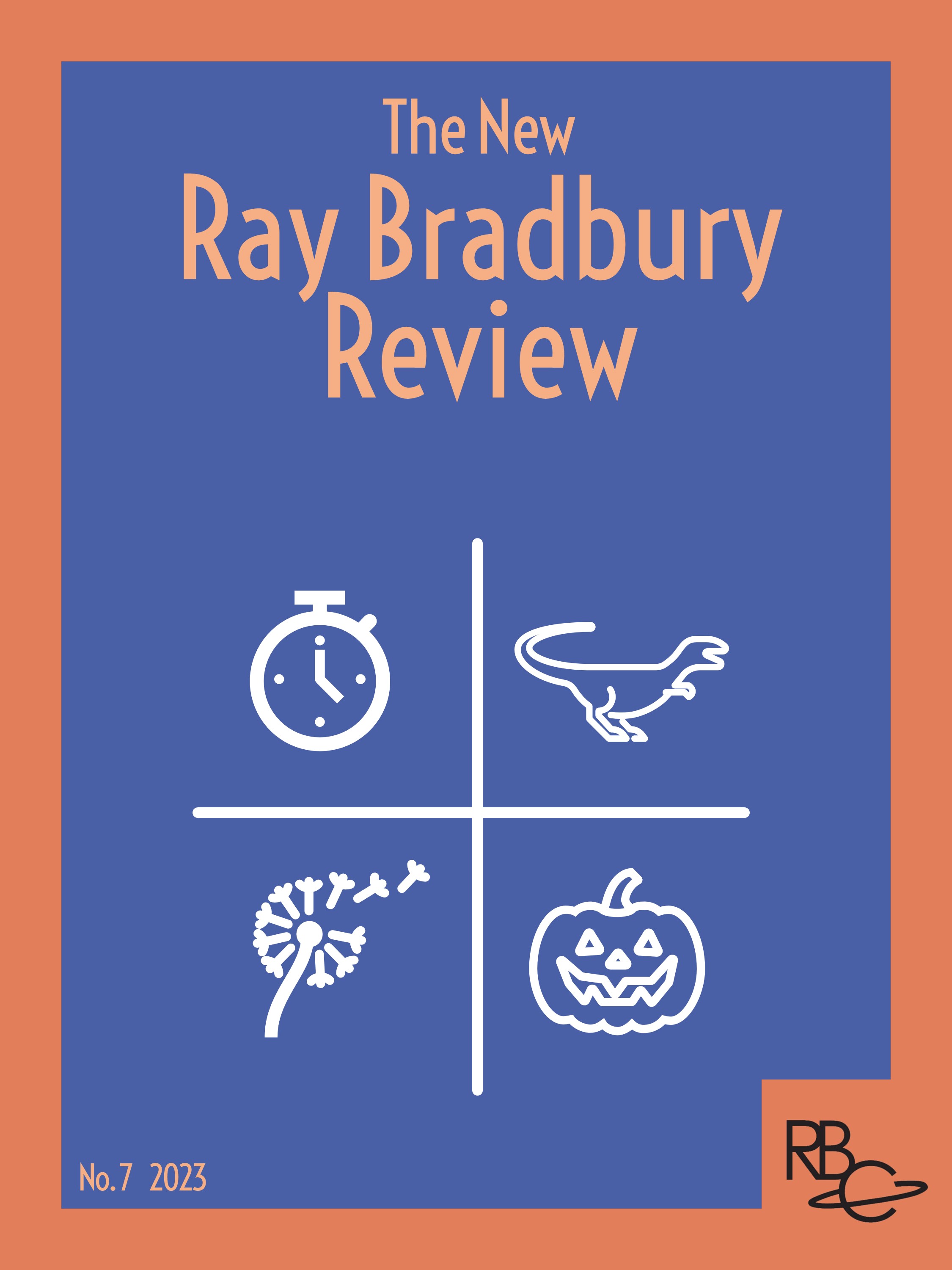The Philosopher Hero in Ray Bradbury’s Science Fiction
DOI:
https://doi.org/10.18060/26463Keywords:
Plato, Stoicism, heroism, Fahrenheit 451, The Martian ChroniclesAbstract
Though he apparently disliked the label, Ray Bradbury is still remembered as one of the preeminent science fiction writers of the 20th century. What he is not as well known for, and what I focus on in this paper, is the author’s interest in classical philosophy, as evidenced by the frequent references to Plato, Aristotle, and other Greek and Roman thinkers scattered throughout his works. Specifically, I will explore the treatment of ethical behavior and the pursuit of happiness in some of his best-known science fiction, including Fahrenheit 451, The Martian Chronicles, and several short stories. With remarkable learning and insight, Bradbury scrutinizes the Platonic and Aristotelian notions of happiness, arguing that good behavior is grounded in virtues such as wisdom, courage, and creativity. Many of his protagonists embody a kind of heroism based on the model of the Socratic “gadfly,” courageously challenging their contemporaries’ values and belief system, and eventually being punished for their determination to do so. Finally, he uses the dystopian setting of Fahrenheit 451 to explore the disastrous consequences of attempting to organize society along strictly utilitarian lines. What emerges in Bradbury’s science fiction is a thoughtful—and remarkably consistent—philosophical worldview reflecting many of the humane values the author frequently espoused in interviews and letter, and which served as guiding principles in his own life.
Downloads
Published
How to Cite
Issue
Section
License
Copyright (c) 2023 Camilo Peralta

This work is licensed under a Creative Commons Attribution-NonCommercial 4.0 International License.
The New Ray Bradbury Review is published under an Attribution-NonCommercial 4.0 International (CC BY-NC 4.0) Creative Commons License. All content is freely available without charge. Readers are permitted to read, download, copy, distribute, print, search, or link to the full texts of the articles, or use them for any other lawful purpose, without asking prior permission from the publisher or the author(s).


